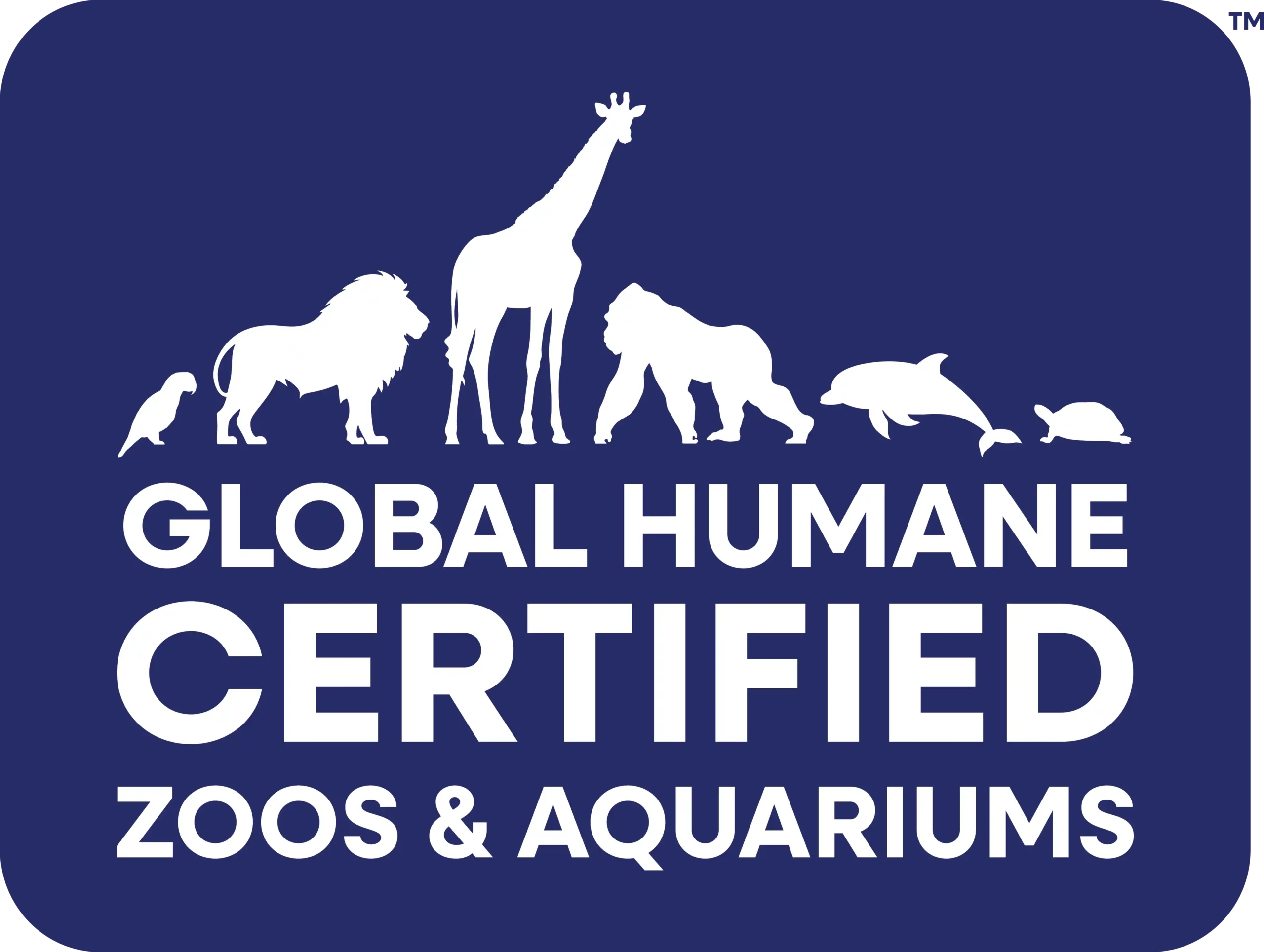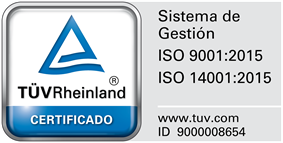The World Association of Zoos and Aquariums (WAZA) is incredibly disappointed to learn of Expedia’s recent policy change regarding dolphins and other cetaceans under human care. The company has recently faced pressure from zoo and aquarium detractors and has chosen to overlook the ongoing efforts by progressive zoos and aquariums to protect these species worldwide.
In a social media post, Expedia has said: “We recently adjusted our animal welfare policy. As a result, attractions and activities that involve performances by or interactions with dolphins and other cetaceans will no longer be available on our sites.”
WAZA and several regional and national zoo and aquarium associations have been working closely with Expedia for a couple of years to help develop the travel company’s animal welfare policy. In 2020, the company agreed only to promote zoological institutions which are a member of WAZA and/or one of WAZA’s recognised regional or national zoo and aquarium associations.
WAZA members are held to high standards of animal welfare and provide excellent care for animals. Progressive zoos and aquariums have a responsibility to achieve high standards of animal welfare in support of their goals as conservation organisations. Many zoos and aquariums use interactive experiences to support their conservation, research and education goals. WAZA encourages its members to provide animal-visitor interactions in a manner that prioritises positive animal welfare outcomes, the adoption of evidence-based animal management practices, and is informed by systematic and objective animal welfare research and offers a responsible take-home message.
WAZA’s Animal Welfare Strategy Caring for Wildlife and WAZA Guidelines for Animal-Visitor Interactions have been created and endorsed by international animal welfare experts. These frameworks provide guidance on promoting animal-visitor interactions that prioritise positive animal welfare for the animal individuals that participate in them. They allow for safe interactions which prioritise the well-being of the animals in any given interaction and give them the choice of whether they wish to participate in any interactions or not.
Member zoos and aquariums are committed to continuously improving animal welfare standards using the latest research to make informed, scientific decisions. For example, Brookfield Zoo in the United States of America recently led the largest, multi-institutional study of how physical habitat, environmental enrichment, and animal training impact the welfare of cetaceans in zoos and aquariums worldwide (Lauderdale et al., 2021). The findings from this study and many other studies inform animal welfare decisions for the animals in zoos and aquariums globally.
WAZA members connect people to nature in a disjointed world where people are becoming increasingly disconnected from nature. Additionally, WAZA members’ education programmes play an important role in encouraging people to adopt pro-environmental behaviours that help protect wildlife and wild places. In a world that seems to be intent on destroying the few remaining and fragmented wild places, leading zoos and aquariums are working to save species and their habitats and educate people about the benefits of protecting species.
It is unfortunately too easy for companies to make decisions without any real thought for the welfare of the animals or how their decisions might impact the animals. While Expedia’s decision will not have the effect detractors potentially hope for, we are disappointed in their policy change. More than 700 million people choose to visit zoos and aquariums every year. By visiting a zoo or aquarium which is a member of WAZA or one of WAZA’s recognised regional or national associations, people can be assured that they are visiting ethical institutions, which meet high standards of animal welfare, and are committed to connecting people to nature and saving animals and their habitats.











